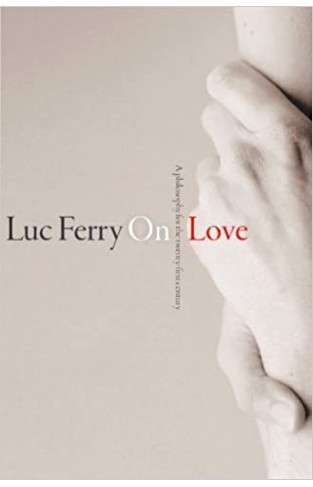All the great ideals that gave life meaning in earlier societies - God, the nation, revolution, freedom, democracy - are in disarray today, questioned by many and rejected by those who have lost faith in them. But there is another value, rooted in the birth of the modern family and in the passage from traditional to modern marriage, that has transformed our lives in profound and often unrecognized ways: love. It affects not only our personal lives but many aspects of our social and collective life too, from art and education to politics. In this book Luc Ferry shows how the quiet rise of love as the central value in modern societies has created a new principle of meaning and a new definition of the good life that requires a completely different kind of philosophical thinking. It forms the basis for a new philosophy for the twenty-first century and a new kind of humanism for the modern world - not a humanism of reason and rights, but a humanism of solidarity and sympathy. The ideal that this new humanism realizes is no longer that of nationalisms and revolutions, of the perpetrating of organized violence in the name of deadly principles that are pursued over and above humanity. Rather, it is about preparing and ensuring a future for those we love most: our future generations.











